Here's where Android is headed for 2021.
Android 11 was an update that was greater than the sum of its parts. Smaller features like chat bubbles, conversation notifications, and a built-in screen recorder don't sound all that impressive on their own. Combined into one seamless package, however, Android 11 was a pretty great update for Google's mobile OS.
We're now in 2021, and before you know it, we'll be playing around with the first developer preview of Android 12. Details on the next big update are still few and far between, but even so, that's not going to stop us from speculating and making a few educated guesses about where we're headed next.
From rumored features, interface changes, availability, and more — here's everything we know so far about Android 12!
Android 12 Availability
While the timing of Android version releases has changed over the years, the past few have been pretty consistent. Here are the dates for the last four releases:
- Android 8.0 — August 21, 2017
- Android 9 — August 6, 2018
- Android 10 — September 3, 2019
- Android 11 — September 8, 2020
With those dates in mind, we'd assume that the public build of Android 12 is released in either August or September. A September release seems more likely between the two, given that workflows are still constrained with Google employees working from home.
It is possible Google will have to push Android 12 as far back as October or November, but from where we are right now, we'd anticipate a September release window.
Android 12 Beta
Before we can even think about a public launch, however, we need to talk about beta availability. Developer previews and public betas are a big factor for any Android update, and once again, with Android 12, that won't be changing.
The first developer previews for Android 10 and Android 11 were both released in February, and unless something drastic is happening behind the scenes, we'd expect Android 12 to follow in these footsteps. That initial developer preview is usually pretty barebones when it comes to new features and design elements, meaning we'll need to wait until later builds before we have a full idea of what Android 12 will look like.
Google usually shows all of its cards by the time it announces the public beta for a new Android version, and while that typically happens in May, it was delayed until June last year as a result of COVID-19. We're crossing our fingers the first public beta is launched in May once again, but don't be surprised if we're met with another June date.
Android 12 Features
It's one thing to talk about when a new Android update will be released, but it's a lot more fun discussing what new toys and changes we'll get to play with as the new software is rolled out. Here's what we know so far.
Thanks to some digging by the folks at 9to5Google, it appears that Google is prepping a Pixel-specific Android 12 feature that would allow you to double-tap the back of its phones to perform certain actions. Along with acting as another shortcut for opening Google Assistant, the double-tap could also be used to snooze alarms, take a screenshot, etc.
This feature was spotted in Android 11 betas and came with the codename of "Columbus." It obviously never made its way to the public build, but looking ahead at Android 12, it could finally get its chance to shine.
Another Pixel-specific feature could come in the form of an auto-rotate update — specifically, using the orientation of your face to help your Pixel determine when to change the display to horizontal or vertical. We've all had auto-rotate flip our screen unintentionally because of the gyroscope getting confused for one reason or another, so having a feature like this to get rid of those false positives could be really helpful.
As for more general features that aren't exclusive for Pixel phones, one report from 9to5Google says that Android 12 may introduce a system-wide one-handed mode (something we asked for in our Android 12 wish list). After performing a quick gesture, Android 12's one-handed mode will apparently shrink the UI vertically to give you a shorter, wider look. From there, you can exit the mode with either another gesture or by waiting for a timeout period.
It's also being reported that Android 12 will offer improvements to picture-in-picture, and based on what we're hearing right now, it sounds a lot like how Apple implemented PiP with iOS 14. According to XDA, Android 12 will allow you to temporarily hide a PIP window off your screen, along with a pinch-to-zoom gesture to make the window smaller or larger.
Android 12 Interface
We haven't seen a major redesign for Android since the shift from Holo to Material Design back in 2014, and based on the latest leaks, Android 12 could mark the next big shift we see for the Android OS as we know it. On February 8, 2021, a series of Android 12 mockups were shared by the fine folks at XDA Developers. What you're seeing above is a rendering of what Android 12 may look like, and while nothing here is official or confirmed, it is a potentially exciting glimpse at what's to come.
Right off the bat, it would appear that widgets are getting a considerable makeover in Android 12. Widgets were a big focus for Apple last year with iOS 14, and for Android 12, Google could be taking a few notes from Apple's approach to give Android widgets a much-needed refresh.
You'll also notice the system-wide theming throughout the mockups — with everything from app icons, widgets, and other elements throughout the UI featuring colors that match the tan/sandy wallpaper. Word on the street is that Android 12 will introduce the most robust theming engine we've ever seen for the platform, and these mockups could be showing off exactly that.
Another report from XDA notes that these various changes are all part of Google's next big design evolution for Android — apparently called "Material NEXT." In addition to the changes seen in the renders above, other changes with Material NEXT are said to include rearranging of lock screen and AOD icons, a new UI for the lock pattern feature, and new clock/customization options on the lock screen.
Material NEXT likely isn't the official name for this new design language, but what is clear is that Android as we know it could look and feel a lot different in the coming months.
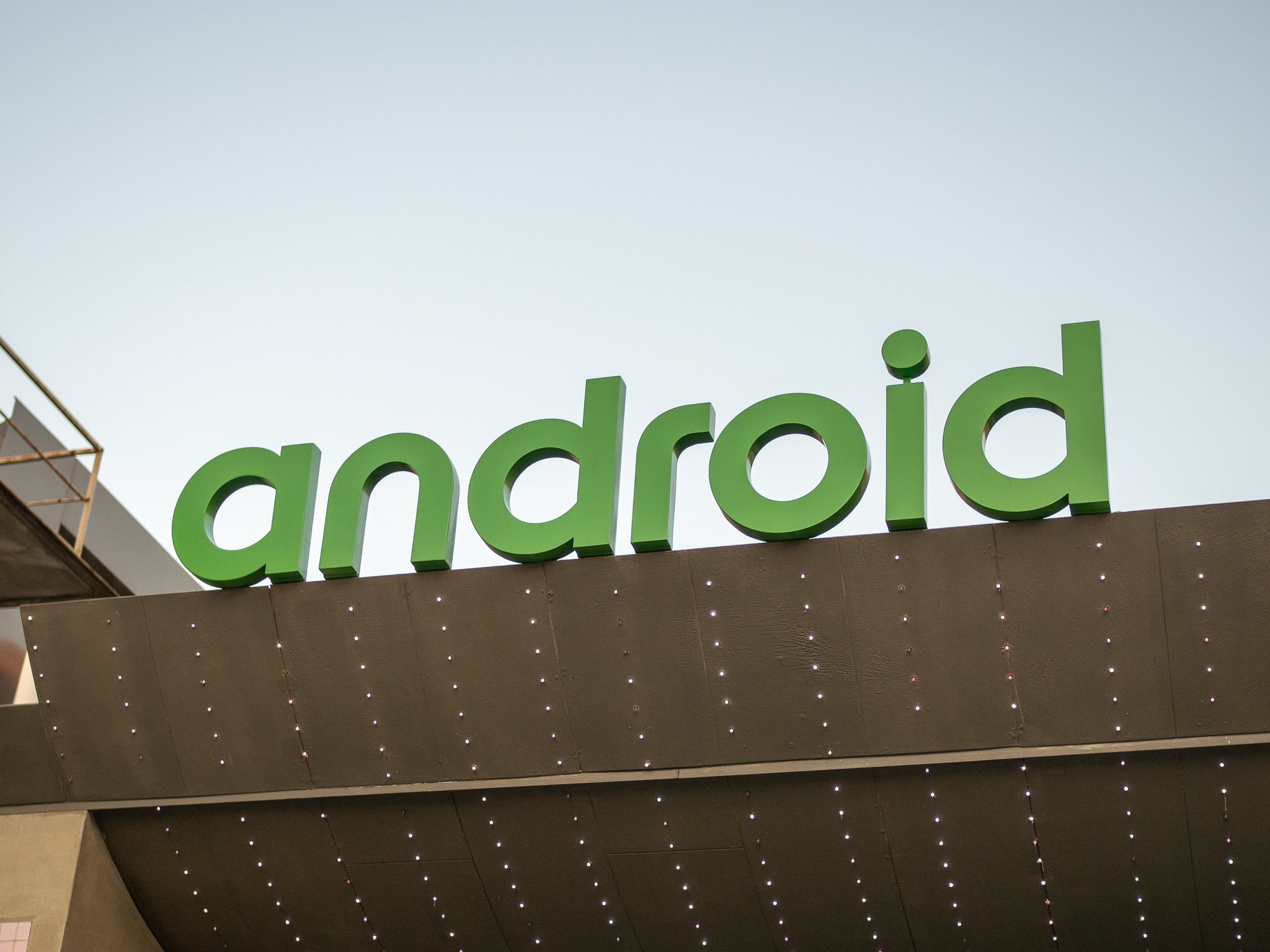
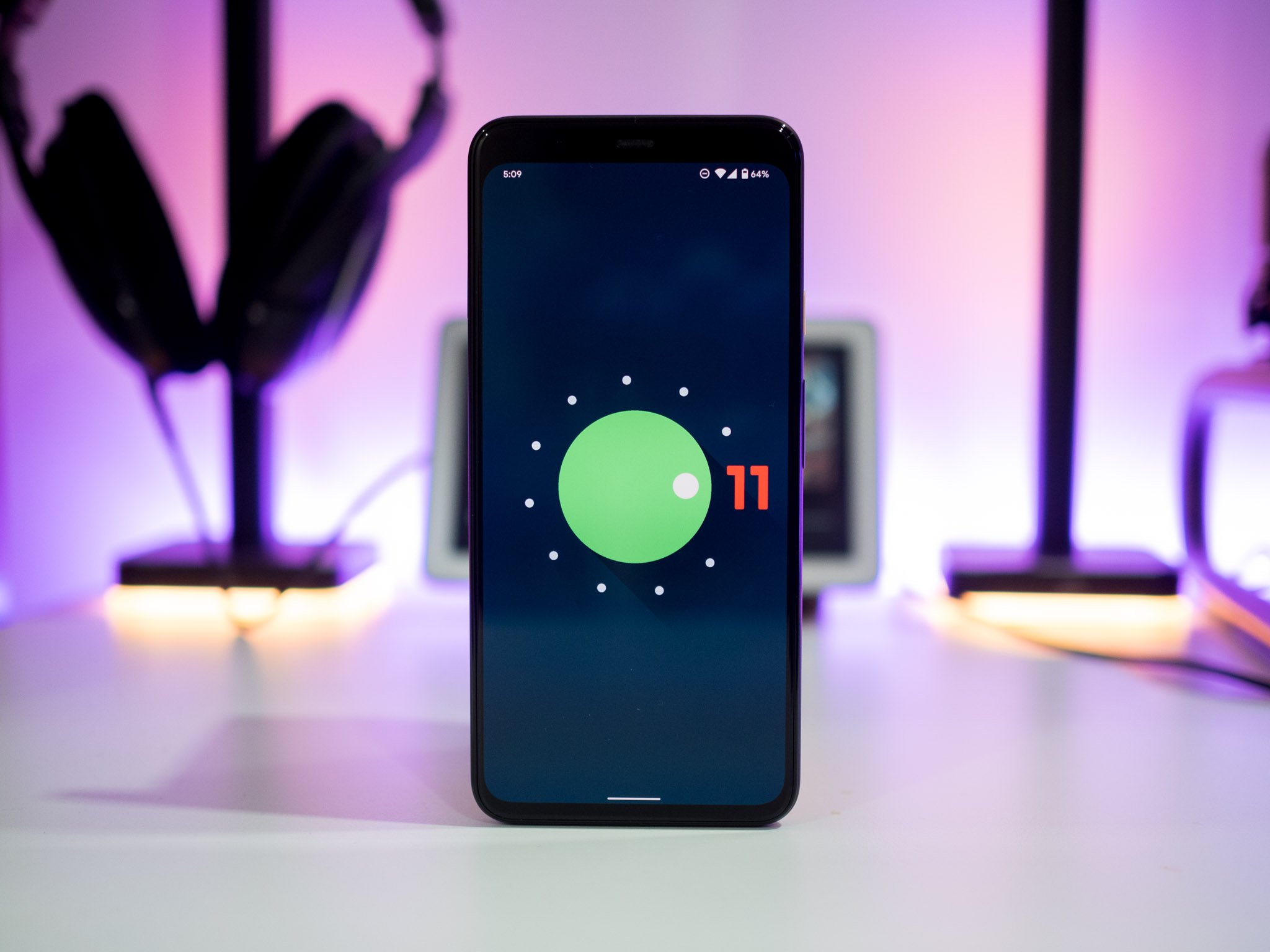

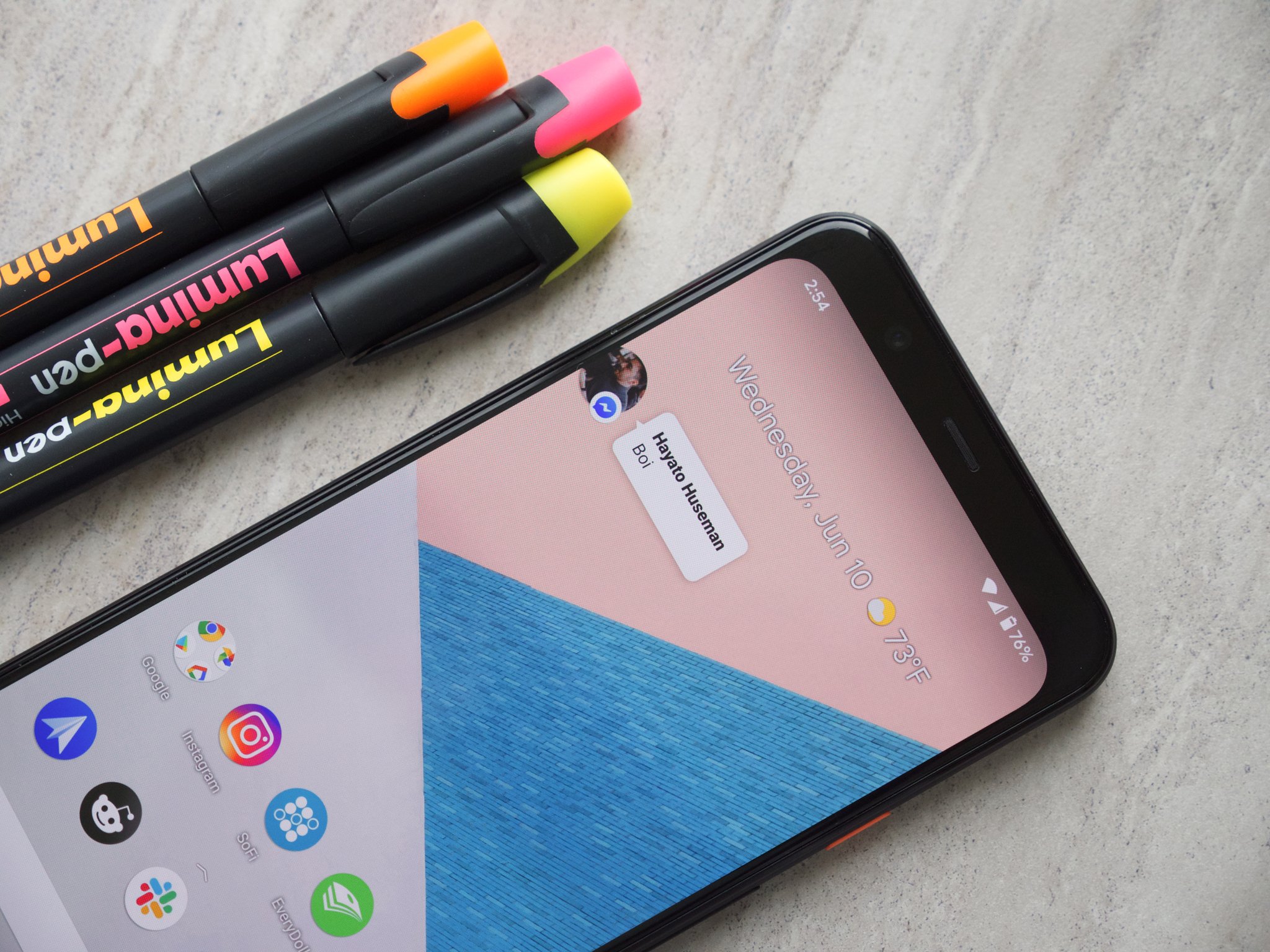
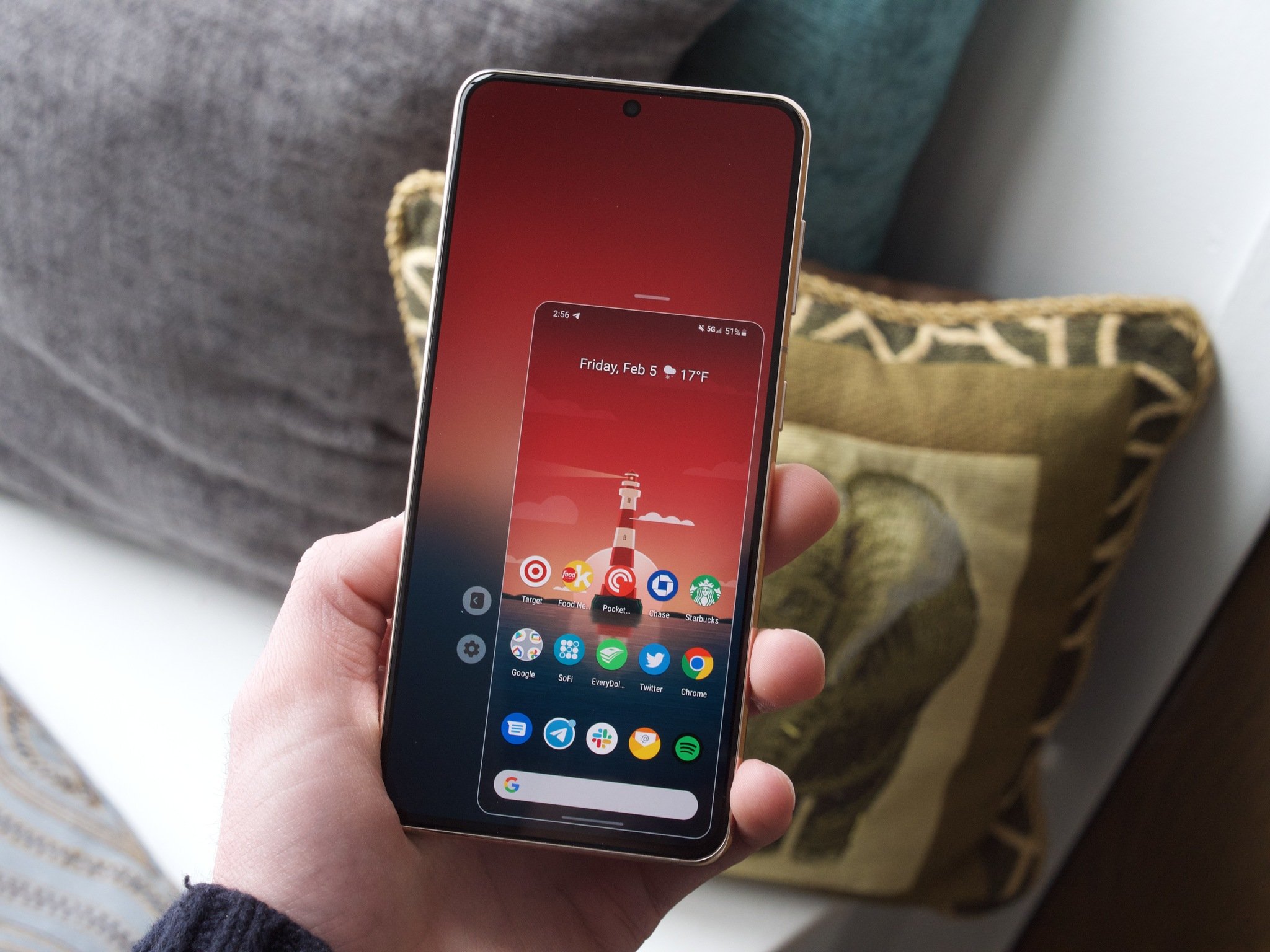
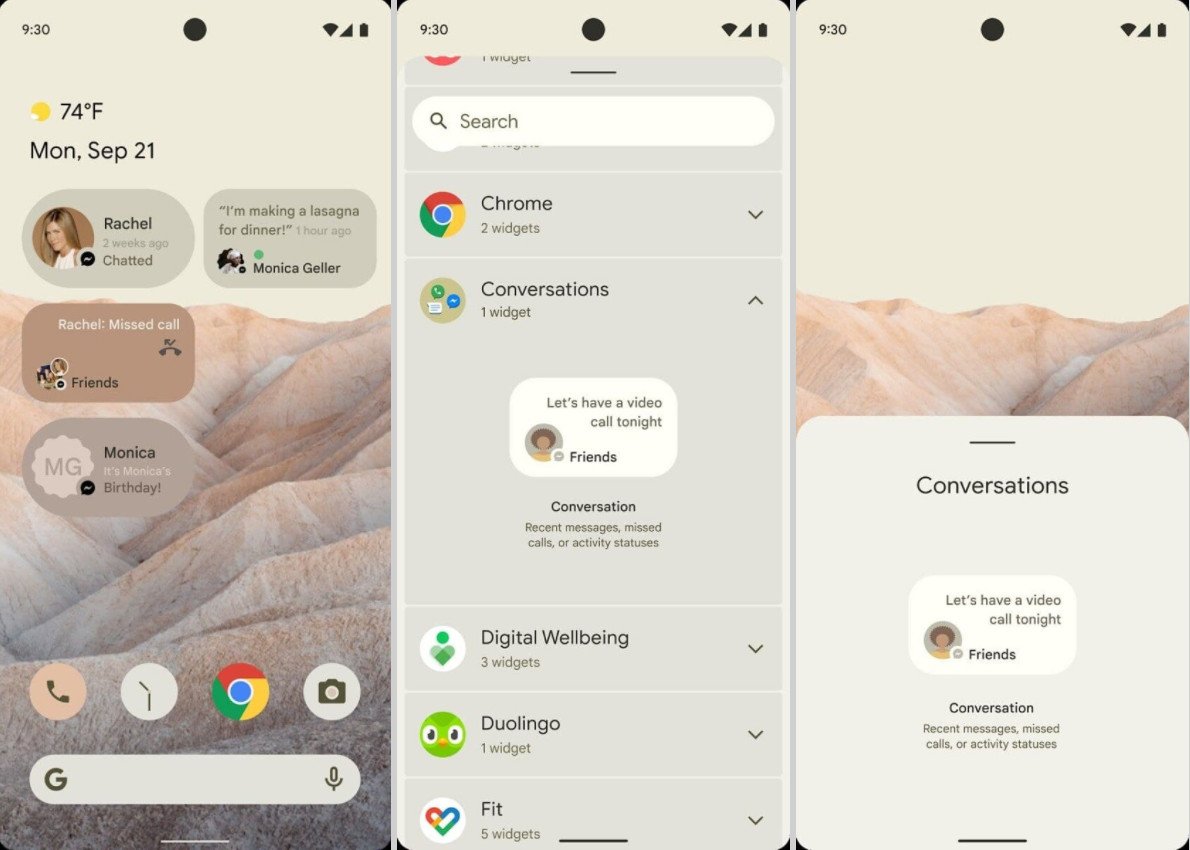
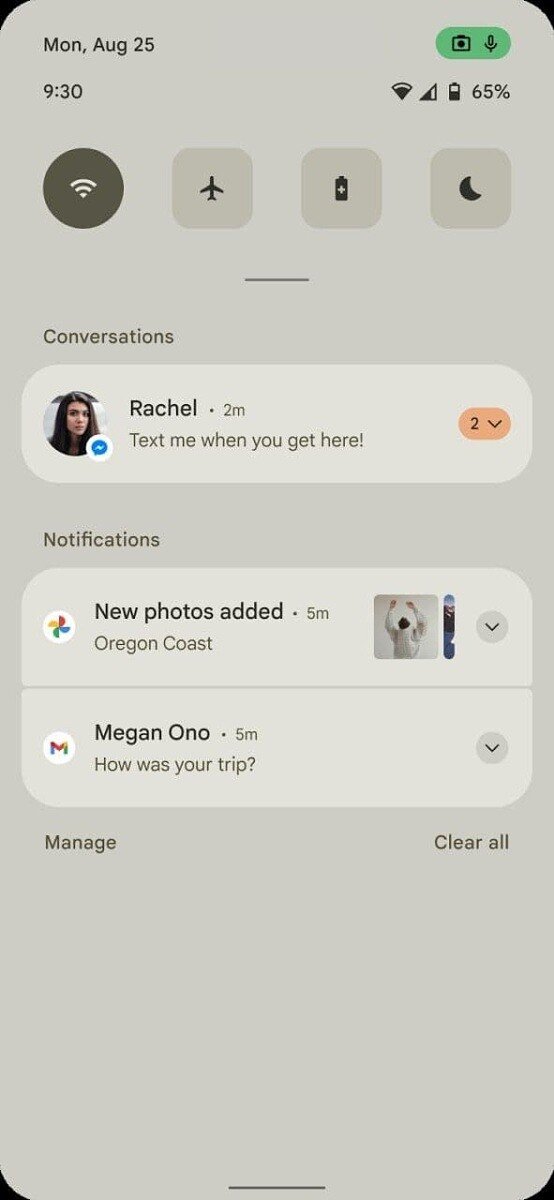
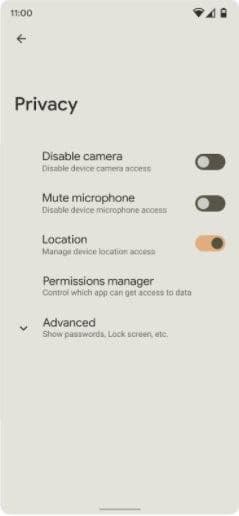
Tidak ada komentar:
Posting Komentar